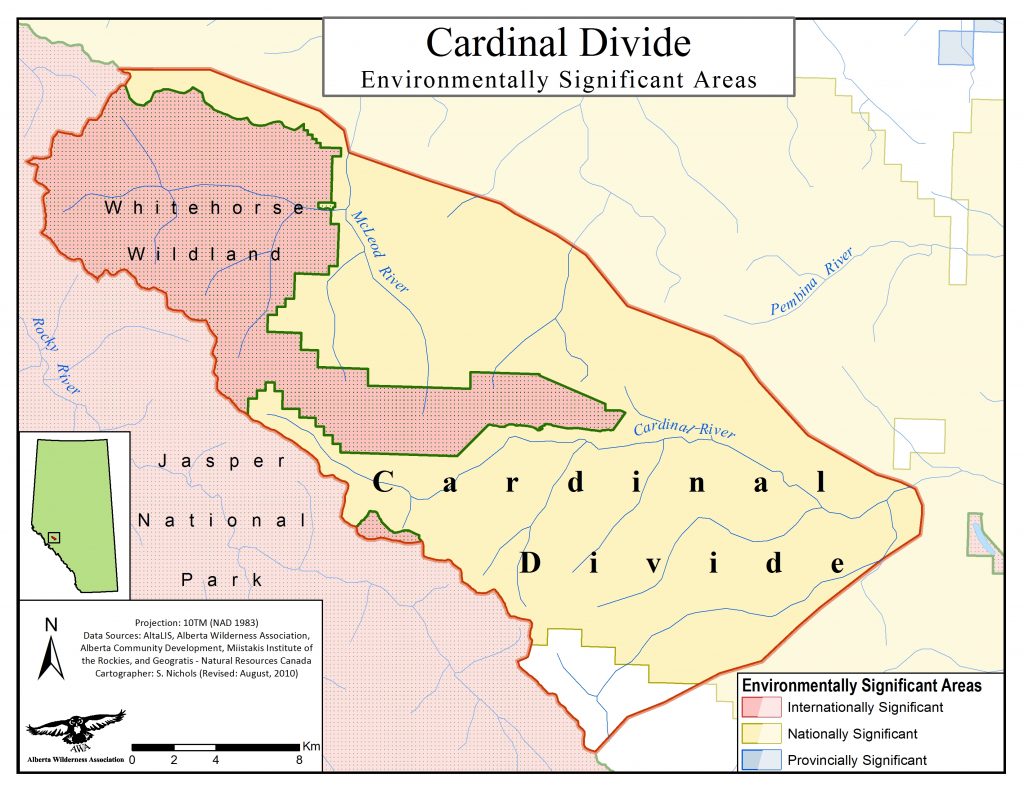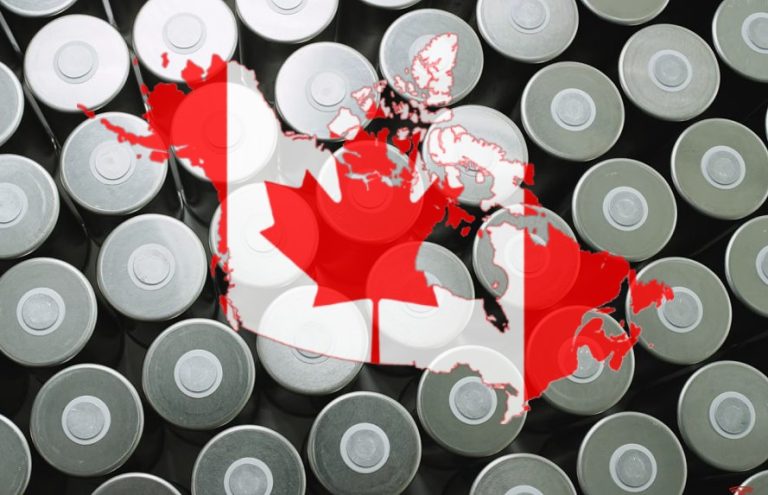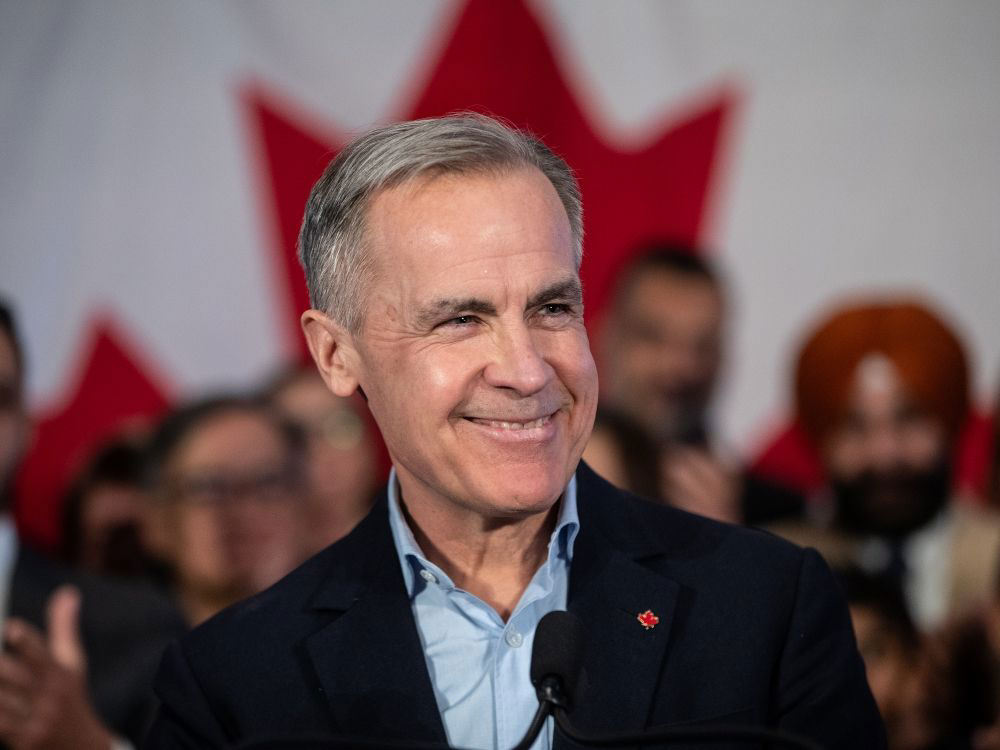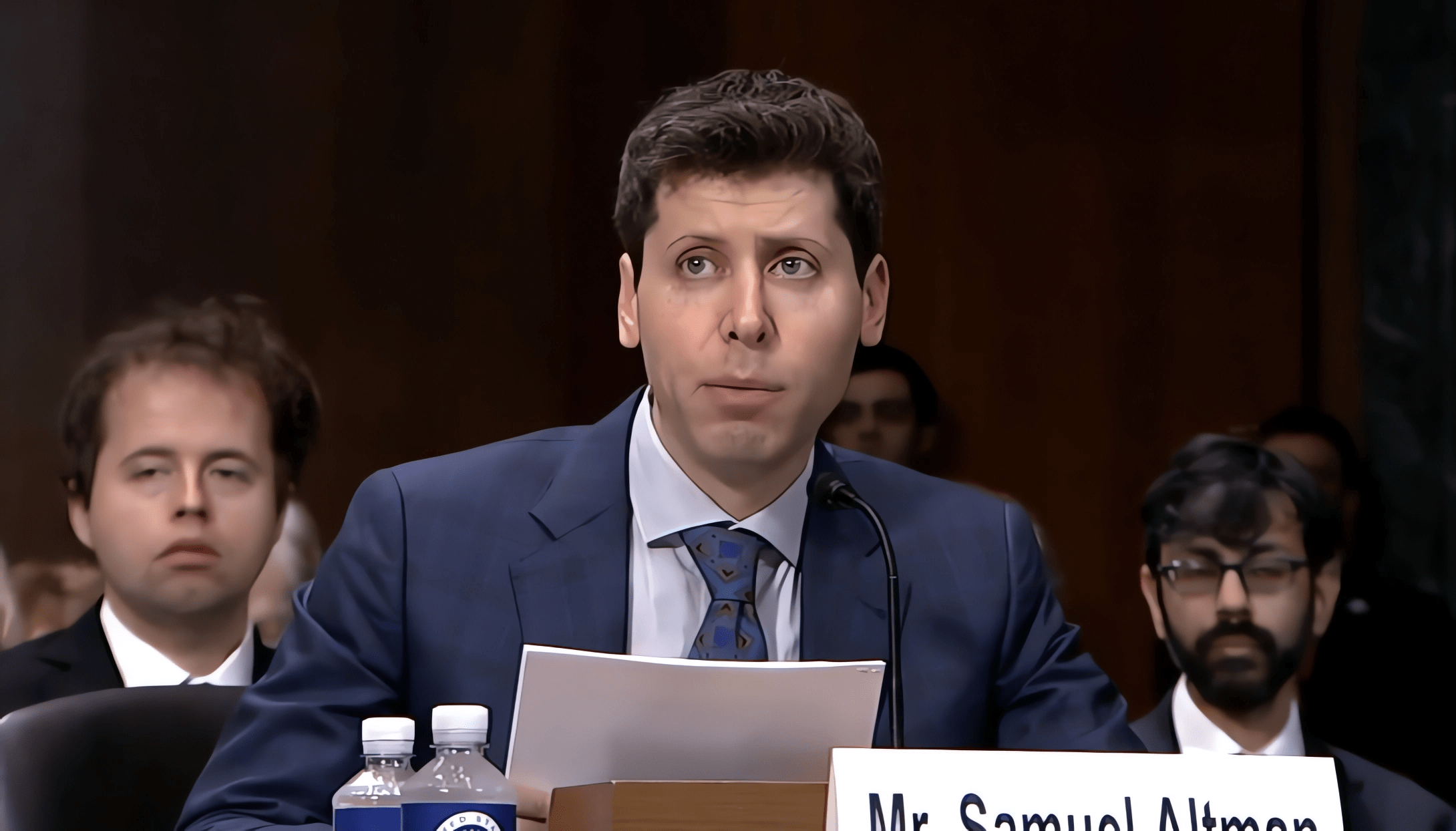The Anti-Trump Divide: How Alberta Differs From The Rest Of Canada

Table of Contents
Economic Factors Driving the Alberta-Canada Political Divide
Alberta's economy, heavily reliant on the energy sector, particularly oil and gas, significantly shapes its political landscape and contributes to the distinct anti-Trump sentiment (or lack thereof) compared to other Canadian provinces.
Resource-Based Economy and Energy Politics
Alberta's economic well-being is intrinsically linked to the success of its oil and gas industry. Federal policies perceived as hindering this sector have fostered resentment and shaped political alignments.
- Impact of Carbon Tax: The federal carbon tax, while aimed at reducing greenhouse gas emissions, is seen by many Albertans as unfairly targeting their primary industry, leading to economic hardship and fueling anti-federal government sentiment.
- Pipeline Disputes: Years-long battles over pipeline approvals have created a deep sense of frustration among Albertans, who view federal regulations as stifling economic growth and creating an uneven playing field.
- Federal Environmental Regulations: Stringent environmental regulations, while intended to protect the environment, are often perceived as overly burdensome by the energy sector, contributing to a feeling of unfair treatment from the federal government. This directly impacts the political landscape and influences voting patterns.
Economic Nationalism and the Perception of Federal Intervention
A strong sense of economic nationalism permeates Alberta's political discourse. Many Albertans feel their province's economic interests are not adequately represented or protected by the federal government, leading to a perception of unfair treatment and contributing to the anti-Trump divide.
- Examples of Perceived Federal Overreach: Albertans often cite examples of federal policies they view as infringing on provincial autonomy, further exacerbating feelings of Western alienation.
- Provincial Autonomy Debates: The ongoing debate over provincial jurisdiction and federal power highlights the deep-seated desire for greater control over Alberta's resources and economic destiny.
- The Role of Media in Shaping this Narrative: Media coverage, both national and provincial, plays a significant role in shaping public perception of these issues, often amplifying feelings of economic nationalism and resentment towards the federal government.
Social and Cultural Differences Fueling the Anti-Trump Divide
Beyond economic factors, social and cultural differences between Alberta and the rest of Canada contribute to the distinct political viewpoints observed, influencing the perception of figures like Donald Trump.
Conservative Values and Political Alignment
Alberta generally holds more conservative social values compared to other provinces. This alignment with certain aspects of Trump's platform, particularly regarding individual liberty and limited government intervention, influences political preferences.
- Specific Policy Areas Where Overlap Exists: Areas like gun control and certain social issues demonstrate a convergence of values between a segment of Albertans and Trump's political positions.
- Influence of Religious and Cultural Factors: Religious and cultural factors play a role in shaping conservative values in Alberta, further influencing political alignments and contributing to a different perspective on the anti-Trump sentiment prevalent elsewhere in Canada.
Media Consumption and Information Bubbles
Selective media consumption and the existence of information bubbles can influence public opinion in Alberta, potentially contributing to a more favorable view of Trump or populist leaders.
- Influence of Specific News Outlets and Social Media Platforms: The prevalence of certain news sources and social media platforms in Alberta might contribute to the creation of echo chambers, reinforcing pre-existing beliefs and shaping political perspectives.
- Potential for Echo Chambers: Echo chambers can reinforce existing biases, limiting exposure to diverse viewpoints and contributing to political polarization.
- The Impact on Political Polarization: The influence of media and information bubbles exacerbates political polarization, making it challenging to bridge the gap between differing perspectives on Donald Trump and related political ideologies.
Historical Context and Western Alienation
The anti-Trump divide isn't solely a contemporary phenomenon; it's rooted in the long-standing history of "Western alienation" in Canada.
A Long History of Resentment Towards the Federal Government
Alberta, along with other western provinces, has a long history of feeling politically marginalized within Canada. This deep-seated resentment contributes significantly to its distinct political identity and the unique perspective on figures like Donald Trump.
- Key Historical Events and Grievances: Decades of perceived economic and political disadvantages have fueled a sense of grievance amongst Albertans, creating a lasting impact on the province’s political culture.
- How it Relates to Current Political Divisions: This historical context provides crucial background for understanding the current political divides, illustrating why economic and social issues resonate so strongly with Albertans and shaping their responses to national and international political figures.
Conclusion: Understanding the Anti-Trump Divide in Canada
The differing perspectives on Donald Trump between Alberta and the rest of Canada are multifaceted, shaped by a confluence of economic realities, social and cultural values, and historical grievances. Understanding the nuances of Alberta’s resource-based economy, its conservative social leanings, and its experience with Western alienation is crucial to grasping the complexities of this political divide. The key takeaway is that the "anti-Trump sentiment" is not uniformly distributed across Canada, and ignoring the Albertan perspective risks a shallow understanding of the Canadian political landscape. Let's engage in respectful dialogue to bridge this Alberta-Canada political divide and foster greater national unity. Understanding the complexities of the Alberta-Canada political divide requires further research and open discussion on the issue.

Featured Posts
-
 Rare Camille Claudel Bronze Sculpture Achieves 3 Million At Auction
Apr 27, 2025
Rare Camille Claudel Bronze Sculpture Achieves 3 Million At Auction
Apr 27, 2025 -
 Mc Cook Community Rallies Jeweler Aids Nfl Players Redevelopment
Apr 27, 2025
Mc Cook Community Rallies Jeweler Aids Nfl Players Redevelopment
Apr 27, 2025 -
 Canadians Ev Interest Dips For Third Consecutive Year
Apr 27, 2025
Canadians Ev Interest Dips For Third Consecutive Year
Apr 27, 2025 -
 Trumps Trade Pressure Carneys Urgent Message To Canadian Voters
Apr 27, 2025
Trumps Trade Pressure Carneys Urgent Message To Canadian Voters
Apr 27, 2025 -
 The Us China Trade War A Time Based Analysis By Bill Ackman
Apr 27, 2025
The Us China Trade War A Time Based Analysis By Bill Ackman
Apr 27, 2025
Latest Posts
-
 Open Ais Chat Gpt An Ftc Investigation And Its Potential Consequences
Apr 28, 2025
Open Ais Chat Gpt An Ftc Investigation And Its Potential Consequences
Apr 28, 2025 -
 Chat Gpt Developer Open Ai Faces Ftc Investigation
Apr 28, 2025
Chat Gpt Developer Open Ai Faces Ftc Investigation
Apr 28, 2025 -
 Ftc Investigates Open Ais Chat Gpt What It Means For Ai Development
Apr 28, 2025
Ftc Investigates Open Ais Chat Gpt What It Means For Ai Development
Apr 28, 2025 -
 Jan 6 Witness Cassidy Hutchinson To Publish Memoir This Fall
Apr 28, 2025
Jan 6 Witness Cassidy Hutchinson To Publish Memoir This Fall
Apr 28, 2025 -
 Cassidy Hutchinson Plans Memoir A Look Inside The January 6th Hearings
Apr 28, 2025
Cassidy Hutchinson Plans Memoir A Look Inside The January 6th Hearings
Apr 28, 2025
